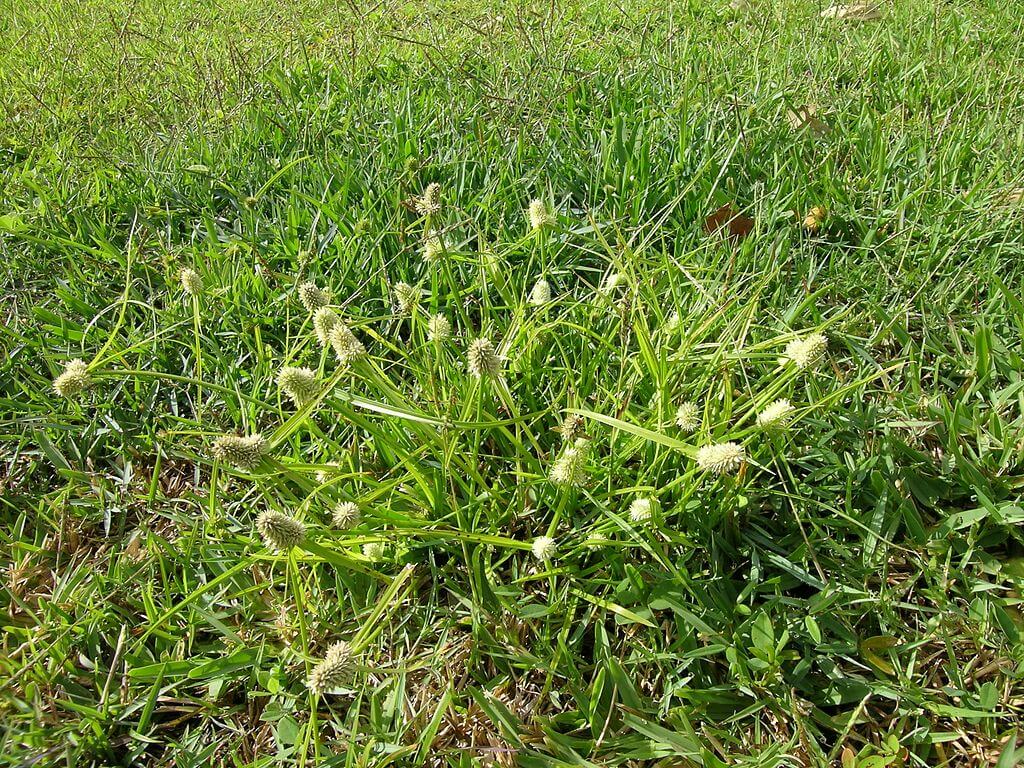
If you’re like a lot of homeowners in Memphis, Tennessee and Northern Mississippi, having a beautiful lush lawn is important to you. That’s exactly why weeds are your enemy. They seem to be working against all of your efforts. Just when you feel like your lawn is looking good, they seem to pop up out of nowhere.
While there are many common lawn weeds in Tennessee and Northern Mississippi that can be a nuisance, some seem to be more vile than others—both for their tenacity as well as for being so prevalent.
These 8 weeds tend to pop up frequently in our region and are therefore getting under homeowners’ skin quite often. If you’re looking for more information on common lawn weeds in Memphis, TN and in Northern Mississippi, then you’ll probably want more information on these 8 weeds.
Understanding these weeds can help you determine a game plan to get rid of them.
While this is obviously not an exhaustive list of all of the lawn weeds in Tennessee and Mississippi (we wish there were only 8 total weed types), there’s no question that these are some of the most prevalent and therefore ones that you’ve likely seen in your own lawn if you’re not on a lawn care program or you’re experiencing some breakthrough.
Also sometimes referred to as “nutgrass,” this annoying grassy perennial tends to prefer moist areas of your lawn and can grow rapidly in warm weather.
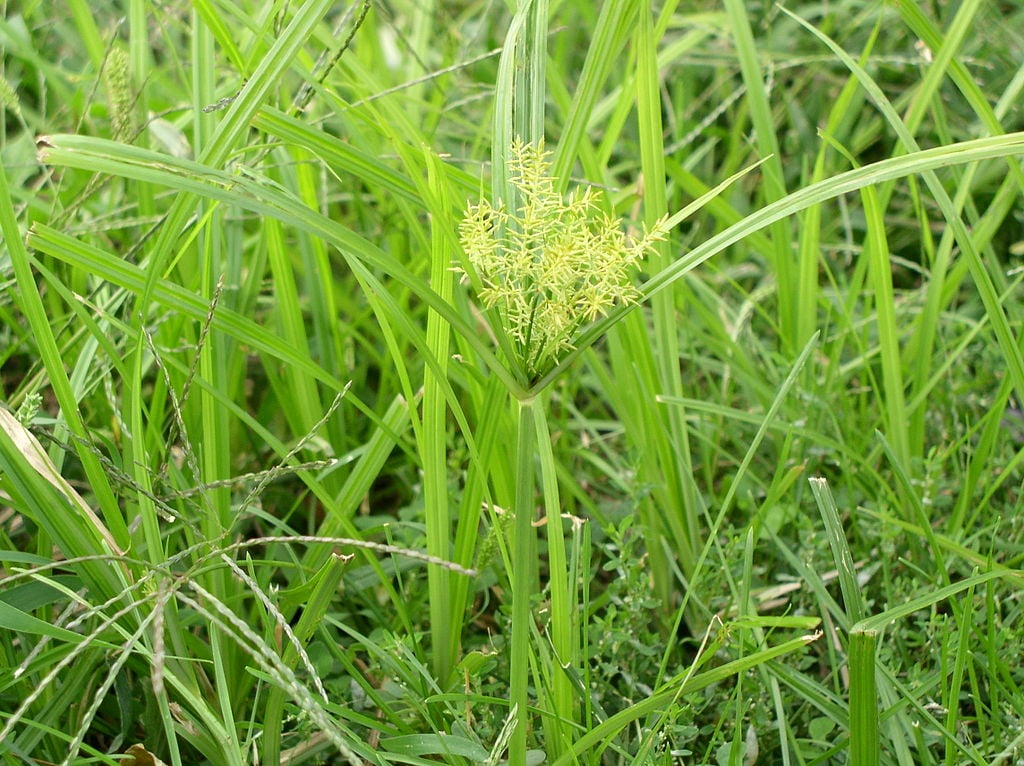
Nutsedge reproduces via underground tubers, often referred to at “nutlets,” hence its name. A special post-emergent weed control product, specially designed for its control, can be used to keep nutsedge at bay.
This broadleaf weed is one commonly found in thatch in the early spring. Because Fireweed is a cool season weed, it will stop being a problem as soon as the hot summer rolls around. However, in the meantime, we can use selective herbicide to address plants that have already germinated.
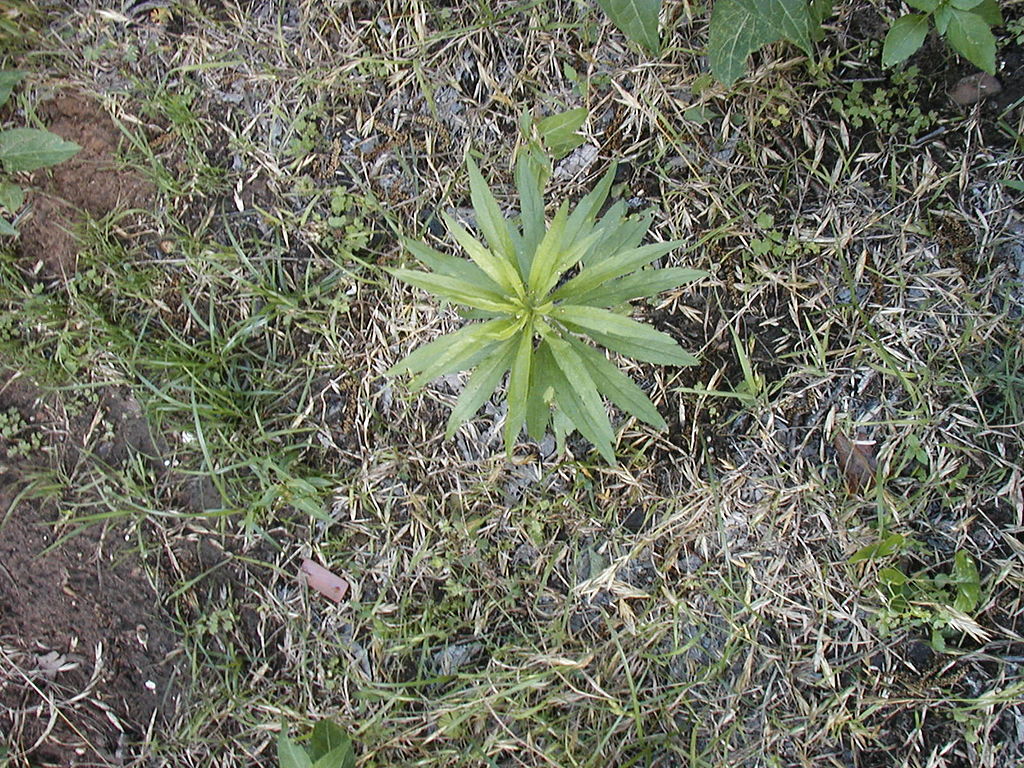
Known to grow in dense mats, Kyllinga is a weedy sedge that thrives in lawns that have been mowed too short as well as areas that are poorly drained or frequently wet.
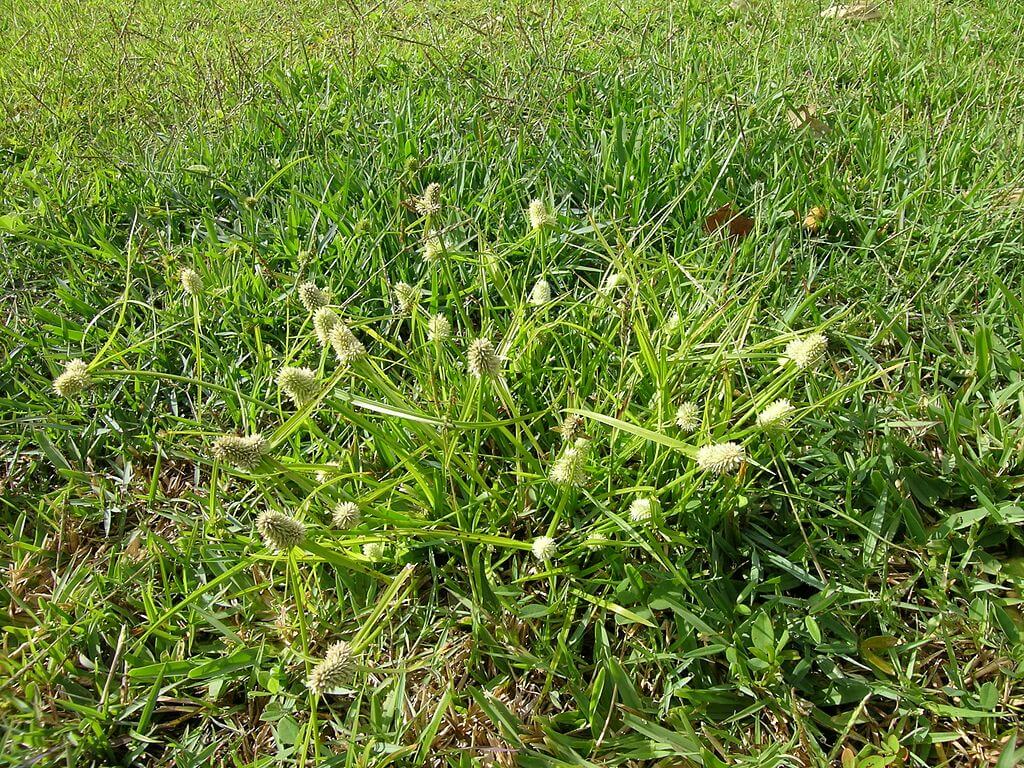
Kyllinga weeds tend to have a finer leaf texture and are shorter growing than other sedges. There are specially formulated post-emergent weed control products that can help control Kyllinga when it breaks through. Because it can be harder to control the more it takes over, this is a weed that is important to get a grasp on quickly.
Virginia buttonweed is widely considered the most invasive weed infesting turfgrass in the South. It is an aggressive broadleaf weed that performs best in moist to wet areas of the lawn.
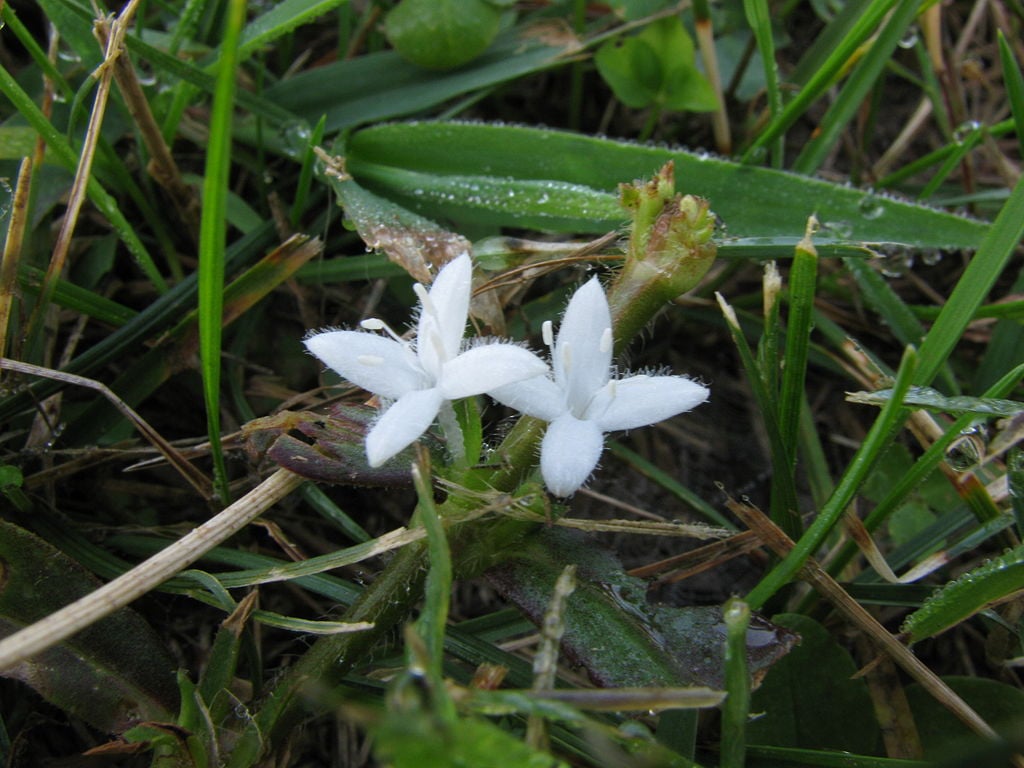
Though it can be treated with broadleaf weed control, it’s not uncommon that it will require multiple treatments to knock back.
Doveweed is a summer annual weed species that belongs to the dayflower family. At first, this grassy weed can be tricky to identify since it looks a lot like grass and has a leaf width similar to St. Augustine grass. However, upon closer inspection, this weed has stems that root at the nodes and purple flowers that appear on short stalks in clusters. It prefers wet areas in the lawn.
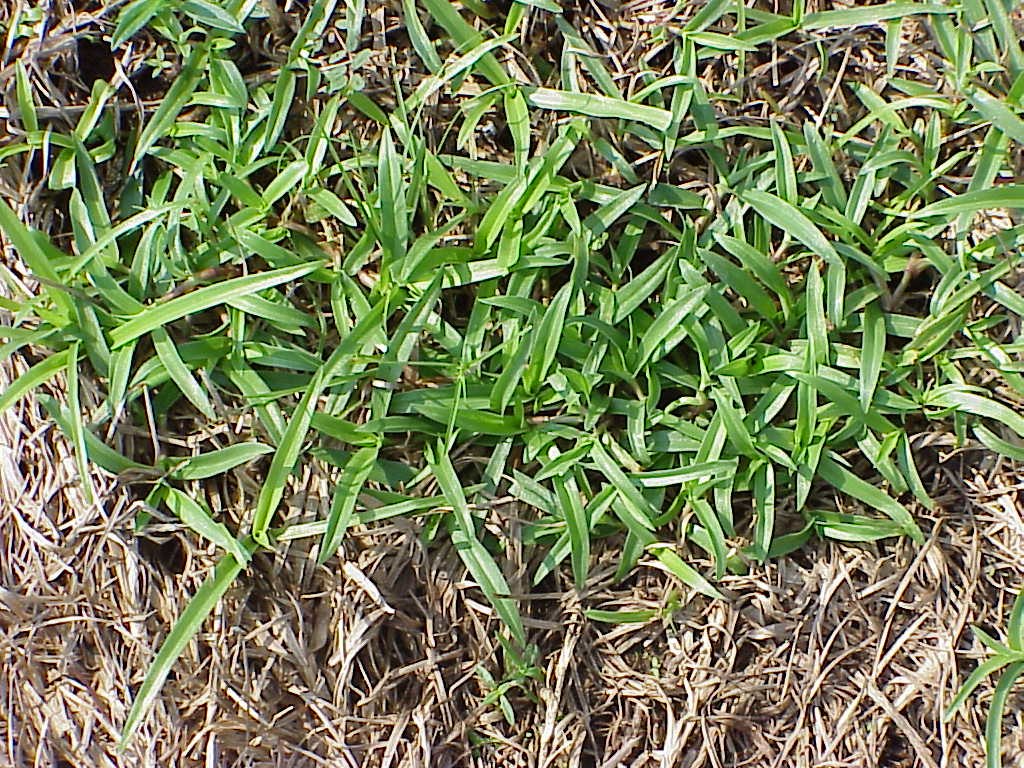
Two years ago, this market didn’t know what this weed was. Now, it has moved throughout the region and proven to be one of the tougher weeds to control. We have found that changing the mode of action on our pre-emergent process has been effective in keeping doveweed at bay. Due to its aggressive nature, it may require multiple applications to control.
Another problematic grassy weed, dallisgrass loves warm, moist areas and thrives during the summer. It grows in coarse, star-like clumps and is deep-rooted.
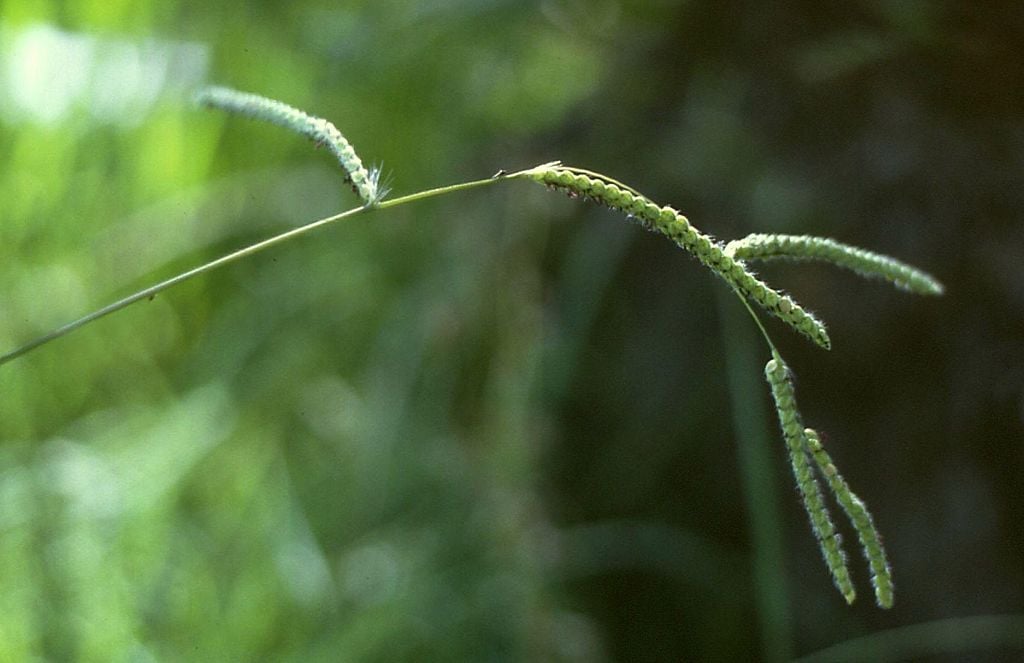
It often takes more than one post-emergent application to deal with this highly stubborn weed.
This annual grassy weed closely resembles crabgrass and is often mistaken for it. Like crabgrass, it thrives in compacted soil. The leaves of Goosegrass are dark green and are hairy near the base and smooth below it.
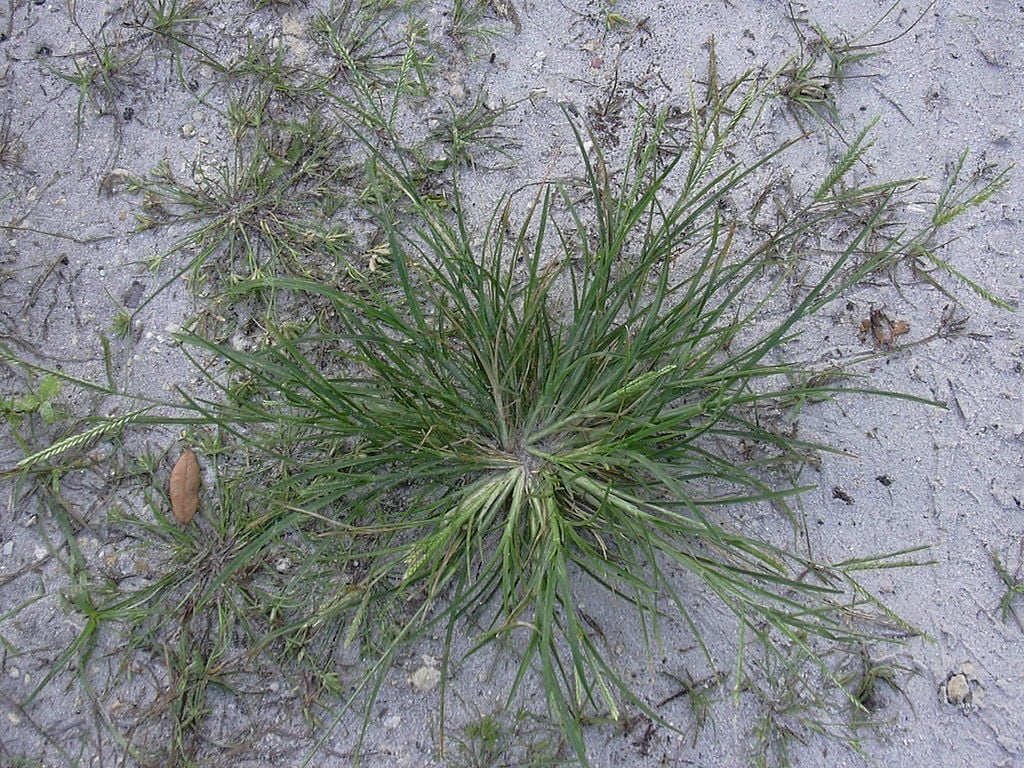
The best way to identify this weed (and distinguish it from crabgrass) is by its whitish stems at the base that are extremely flattened. Goosegrass is best dealt with using a pre-emergent to prevent it, however, breakthrough can also be treated with a post-emergent.
This grassy weed is both aggressive and difficult to control and grows in unsightly clumps, spreading to take over large areas of lawns. Crabgrass tends to pop up in thinned-out, sunny areas of the lawn and is known to sneak in areas of the lawn that have been scalped by a trimmer.
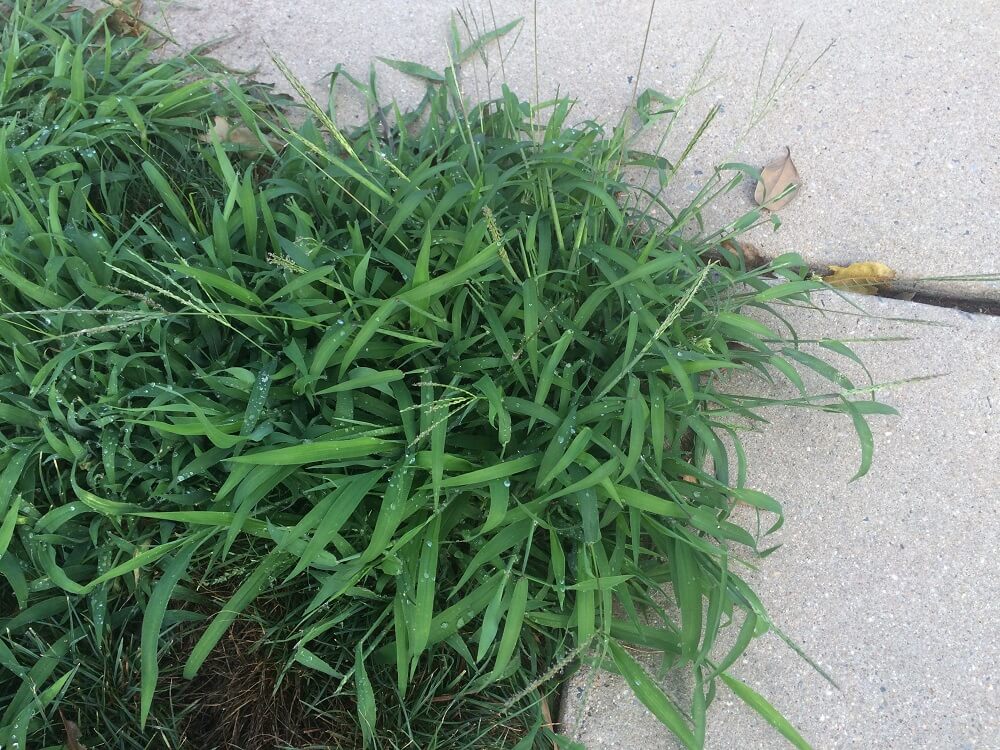
It is best controlled using pre-emergent to prevent as much of it as possible. Any breakthrough can be controlled with a post-emergent weed control material.
While there are plenty of people who might assume that a singular approach to weed control (that being, using the same product to deal with everything) will do the trick, the fact is, it takes a customized effort to be most effective.
With so many different types of weeds out there (these 8 only being some of the most common ones), it’s really important that you’re working with a lawn weed service that is going to address the specific problems on your lawn with an array of weed control solutions.
On top of product, utilizing a full-program that is going to promote a thick, healthy lawn will also make a big difference in choking out weeds. Since many of these weeds thrive in conditions in which healthy turf does not (such as compacted soil or soggy areas), getting your lawn in good shape will make a world of difference in naturally keeping weeds away.
Ultimately, it is your wise choice in lawn care companies that will make the biggest difference of all. By selecting a lawn care company that will take a customized approach to your lawn, while also focusing on improving its overall health, you’ll be able to get rid of the hated 8—along with any other weeds that are plaguing your lawn. You don’t have to let the weeds win. You can take back control of your lawn and get back to enjoying it to the fullest.
Ready to win the battle against pesky lawn weeds? Talk to a lawn care expert, choose from 3 program options, and become the master of your lawn.
Image sources: nutsedge, fireweed, kyllinga, virginia buttonweed, doveweed, dallisgrass, goosegrass
Michael Hatcher is president of Michael Hatcher & Associates.
These Stories on Lawn Care
8255 Center Hill Rd
Olive Branch, MS 38654
8164 MS-178
Olive Branch, MS 38654
Phone: (901) 445-9336
Fax: (901) 853-7353
Copyright © Master Lawn | All Rights Reserved.